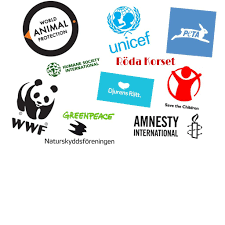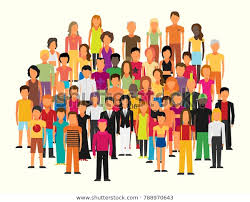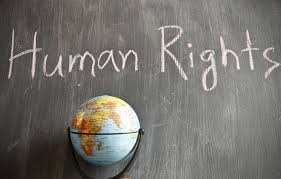What is Civil Society?
- Learning for Life and Work

- Feb 5, 2020
- 2 min read
Updated: Apr 10
Civil society is an extremely important element of society as it can promote equality and safeguard human rights internationally, nationally and locally. It is comprised of groups or organisations working in the interest of the citizens but operating outside of the governmental and for-profit sectors. Civil society represents and promotes the interests of all groups within society and this helps to ensure that society is inclusive and everyone is treated equally.
Civil society includes organisations such as the Northern Ireland Human Rights Commission and the Northern Ireland Equality Commission and some Non-Governmental Organisations (NGOs) have specific roles which include safeguarding and protecting, promoting human rights and equality.
Civil society also includes groups such as:
family
Non-Governmental Organisations (NGOs)
voluntary groups
community groups
charities
clubs and societies
social media groups
trade unions
religious groups/church
What does a civil society do?
Civil society can organise coordinated actions across a range of associations, groups and organisations to gain public support to tackle social inequalities and promote equality.
Civil society encourages citizens’ participation in political and public life. This promotes equality by ensuring the views and interests of diverse groups are represented.
Civil society includes online groups and activities and social media communities. They use social media to promote social equality and organise petitions and campaigns against social inequalities.
Civil society has a ‘watchdog’ role. It holds governments and institutions to account to ensure they comply with equality legislation.
Civil society has advocacy and lobbying roles. It lobbies the government and decision makers to ensure social equality is promoted in all aspects of public life.
Civil society provides guidance, education and training about equality. This develops citizens’ understanding of equality and equality legislation. This enables them to challenge cases of social inequality.
Civil society provides expert advice to government and employers about equality and complying with equality laws. This helps to ensure that everyone is treated equally in society.
QUESTIONS YOU COULD BE ASKED ON THIS
Name one group that forms part of civil society (1mark)
Community groups
Name two groups that are part of civil society (1mark&1mark)
clubs and societies
social media groups
Explain one role of civil society in promoting social equality (2marks)
Civil society helps promote social equality by encouraging citizens to take part in public and political life, ensuring the voices of different groups are heard and represented.
You should also read:






Comments